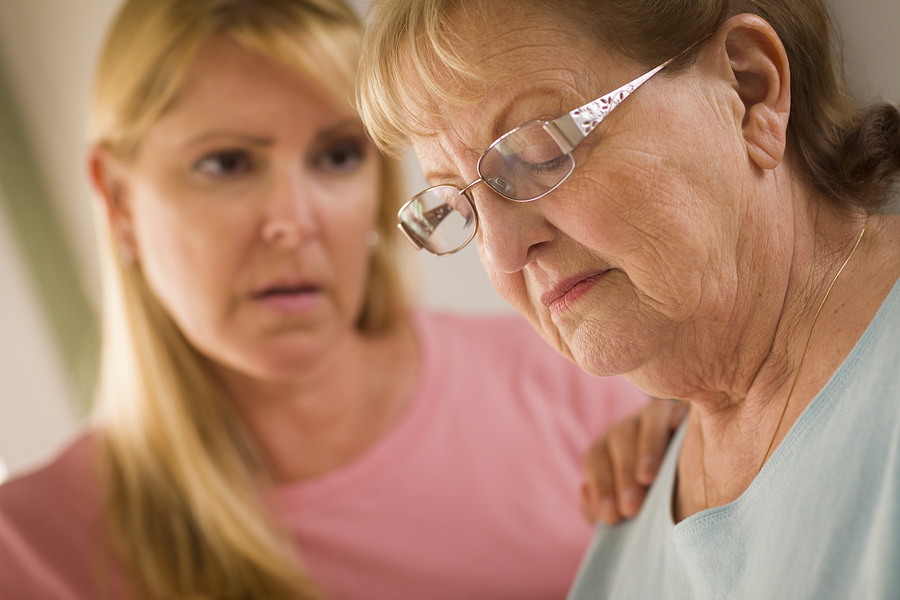Depression in the Elderly: Causes Symptoms, Treatment
September 16, 2015
Elderly Care in Watsonville CA
Depression in the elderly, also known as Geriatric Depression, is a condition that affects over 6 million adults over the age of 65 each year. Everyone has bad days every once in a while, but being in a constant state of sadness is not a normal part of aging. Seniors with Geriatric Depression may be feeling "blue" because of a change in their health, having to be dependent on a caregiver to help with their everyday tasks, or feeling isolated. To identify if the senior you are providing elderly care for is depressed, here is a little background information on this condition and how it can be treated.
Causes
There is not just one cause to this illness, but there could be a variety of factors that are contributing to your loved one being depressed. Research has been conducted to find out what biological, social, and psychological factors play a role in depression. What they found were the following causes to depression in the elderly:
in a constant state of sadness is not a normal part of aging. Seniors with Geriatric Depression may be feeling "blue" because of a change in their health, having to be dependent on a caregiver to help with their everyday tasks, or feeling isolated. To identify if the senior you are providing elderly care for is depressed, here is a little background information on this condition and how it can be treated.
Causes
There is not just one cause to this illness, but there could be a variety of factors that are contributing to your loved one being depressed. Research has been conducted to find out what biological, social, and psychological factors play a role in depression. What they found were the following causes to depression in the elderly:
- A family history of depression
- Traumatic events have taken their toll on the senior's life, such as the death of a loved one
- Neurotransmitter chemicals to the brain are at low levels
- Death of loved ones
- Isolated
- Difficulty transitioning from working to retirement
- Lack of mobility
- Disability
- Financial hardships
- Trouble sleeping or sleeping too much
- Sadness
- Changes in their appetite
- Bouts of crying
- Unable to concentrate
- Withdrawn from social activities or favorite hobbies
- Lack of interest
- Feeling worthless
- Irritable
- Physical aches and pains
- Thoughts of suicide
- Including more exercise into their daily activities
- Eating a healthy, well-balanced diet
- Getting plenty of rest at night
- Have friends and family members frequently visit
- Find a fun, new hobby for the elder to participate in


